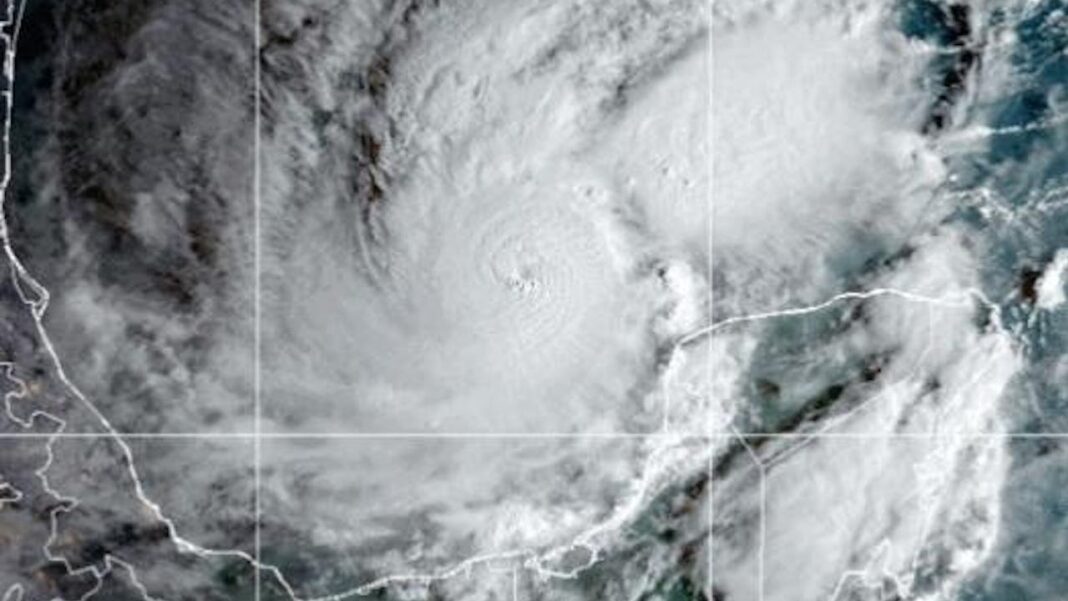Israel and Iran are more willing to accept risk and engage in conflict, but the ultimate goal of the Oct. 7, 2023, attack appears to have been thwarted.
One year after the devastating Oct. 7, 2023, terror attack on Israel, the Middle East is a region changed.
The Hamas terrorist group lies crippled and its control over Gaza likely never to be restored. The Hezbollah terrorist group in Lebanon is quickly being degraded by a precise Israeli ground campaign. Iran, though more aggressive than ever, has failed to defeat Israel’s robust missile defense systems.
Tensions run high, and the fighting is likely far from over.
There remain an assortment of regional players, from the Houthi terror group in Yemen to Russian forces in Syria, that could further destabilize an already restive Middle East.
Most importantly, however, both Israel and Iran have forgotten former reservations about confronting one another openly, and appear ready to disregard the once common pretense of normative relations.
Iran and Israel Less Cautious
The adoption of a less risk-averse outlook by both Israel and Iran is a key change in the regional dynamics of the Middle East brought about by the Oct. 7, 2023, attacks, according to Jason Brodsky, policy director for the United Against Nuclear Iran advocacy group.
Given Iran’s backing of Islamic terror groups, as well as its own direct attacks on Israeli soil, Brodsky said Israel appears to have lost its tolerance for merely limiting its military actions to small, attrition-oriented strikes.
“There is a lower tolerance for mowing the lawn and pursuing arrangements like the one with Hamas where it received funds in exchange for the illusion of quiet,” Brodsky said. “That, in retrospect, was a devastating delusion.”
“I also believe Israeli decision-makers have become much more risk-ready in contending with the Iranian threat.”
That much was apparent in recent weeks as Israeli officials launched a ground assault into Lebanon in order to confront Hezbollah, and vowed retaliation against an Iranian missile strike against U.S. pleas for deescalation.
Brodsky said that Iran had also become more ready to accept risk and engage in direct confrontation with Israel, largely due to Israel’s success in eliminating key elements of the so-called “Axis of Resistance,” an Iranian-led coalition of state and non-state actors that cooperate to undermine Israel and the United States throughout the world.








